Ulaanbaatar, September 03- Russian President Vladimir Putin visited Mongolia on Tuesday, marking his first trip to an International Criminal Court (ICC) member state since the issuance of an arrest warrant against him last year. The warrant, which accuses Putin of genocide in Ukraine and failing to prevent the illegal removal of children from Ukraine to Russia, has been largely ignored by the Russian leader, who continues to conduct state visits without apparent concern.
Putin received a warm welcome in Mongolia, with a royal reception at the airport in Ulaanbaatar. Genghis Khan Square in the capital displayed the flags of both countries, symbolising a gesture of friendship despite the controversy surrounding the Russian president. However, the visit was not without its detractors. A small protest occurred the day before Putin's arrival, with demonstrators holding placards that read, "Put out the war criminal Putin."
This visit comes amid growing international pressure on Mongolia to act on the ICC's arrest warrant. The ICC, along with Ukraine, several Western countries, and various human rights organisations, have called for Putin's arrest. Mongolia, as a member state of the ICC, is technically obligated to comply with the court's orders. However, Mongolian officials have remained silent on the matter, and it seems unlikely that any action will be taken against Putin during his visit.
According to reports from the BBC and Al Jazeera, the Kremlin dismissed concerns about the ICC warrant, with a spokesperson stating last week that they did not believe the Russian president should fear arrest during his trip to Mongolia. The Mongolian government has maintained a neutral stance, suggesting that Mongolia is not in a position to detain the leader of a powerful neighbouring country with which it shares a long border and close cultural ties.
Mongolia’s strategic geopolitical position further complicates the situation. Historically, Mongolia was a satellite state of the Soviet Union and has maintained strong relationships with both Russia and China since the Soviet Union's dissolution. These factors likely contribute to Mongolia's decision to overlook the ICC warrant and continue its diplomatic engagements with Russia.
In a related development, Russian President Vladimir Putin, speaking to students in Siberia on Monday, declared that Ukrainian incursions into Russian territory would not impede Russia's military objectives. He emphasised that Russian forces continue to advance in eastern Ukraine, citing the recent capture of three Ukrainian villages as evidence of Russian progress.
Putin’s remarks came shortly after reports of a Russian missile and drone attack on the Ukrainian capital, Kyiv, which injured at least three people and damaged a mosque in the area. Despite these aggressive military actions, Putin maintained that Russia's efforts in the ongoing conflict are unwavering and that Ukrainian attempts to penetrate the Russian border are ultimately failing.
As tensions continue to escalate, both Russia and Ukraine show no signs of backing down, each making moves to strengthen their respective positions. The international community remains divided, with some nations calling for stronger actions against Russia while others, like Mongolia, navigate a more delicate balance between diplomatic ties and international obligations.



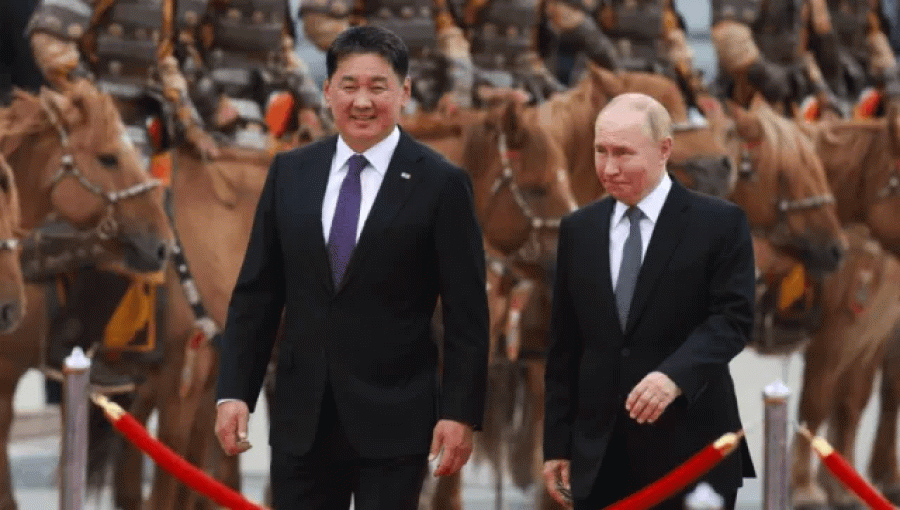
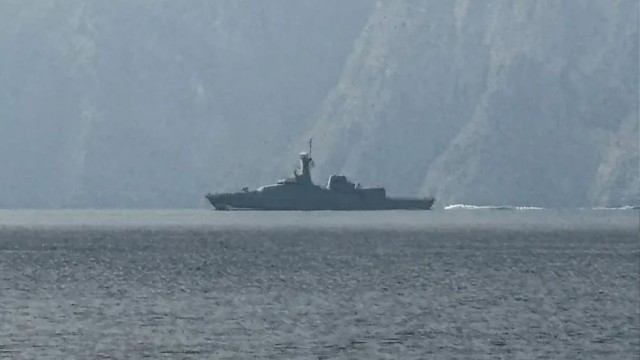
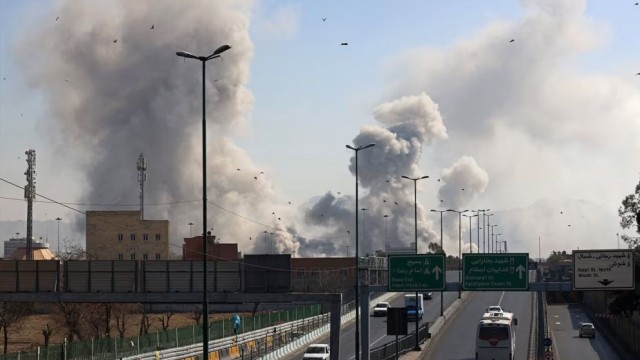
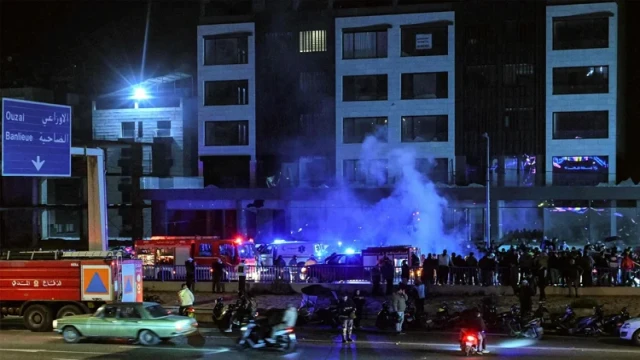

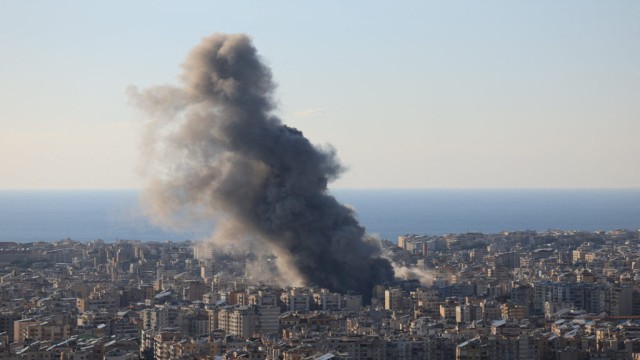
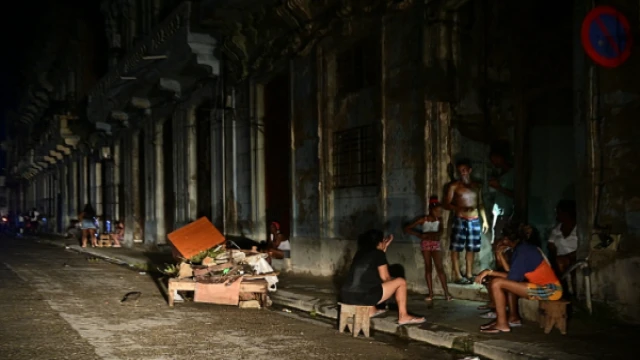

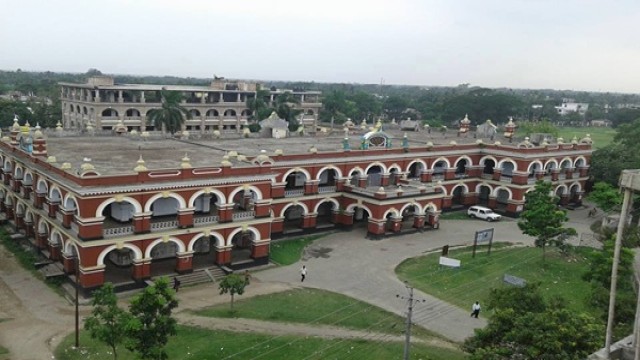
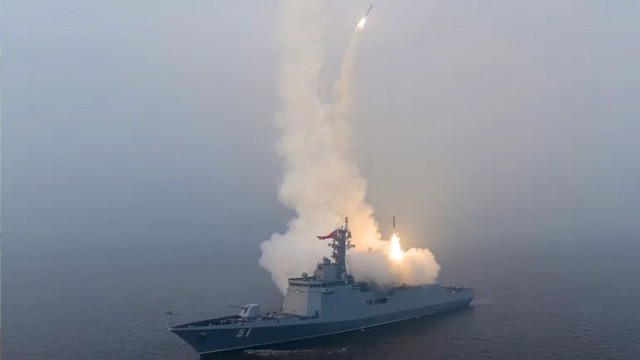
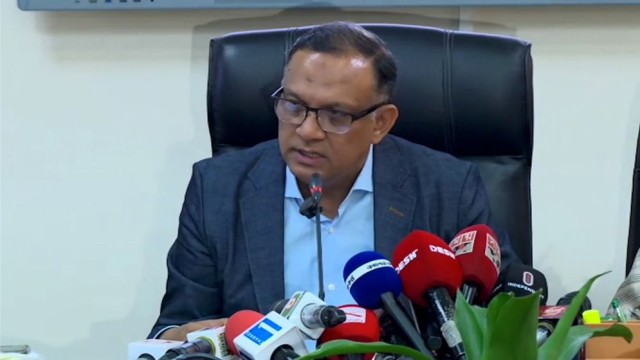
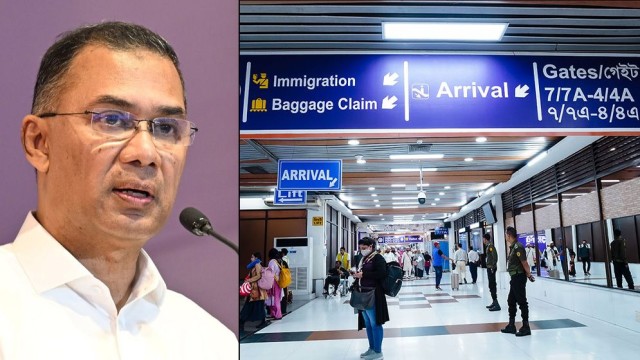
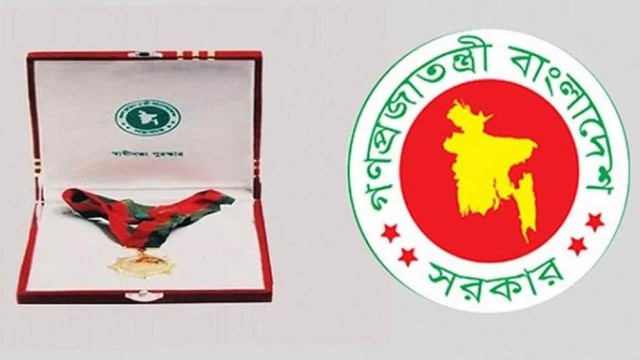
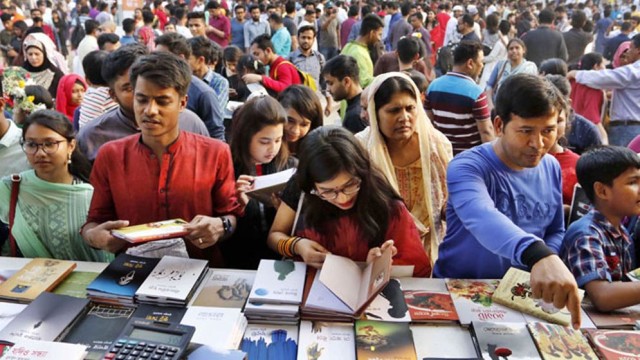
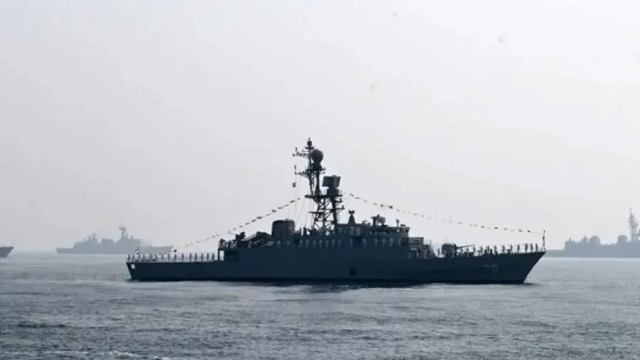
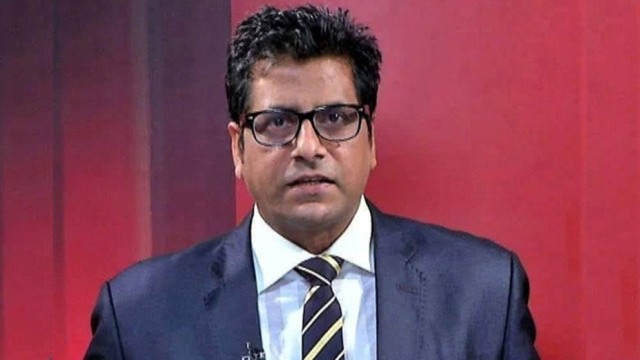
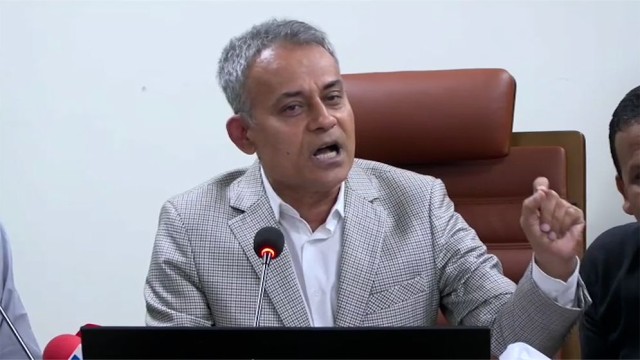











Comment: